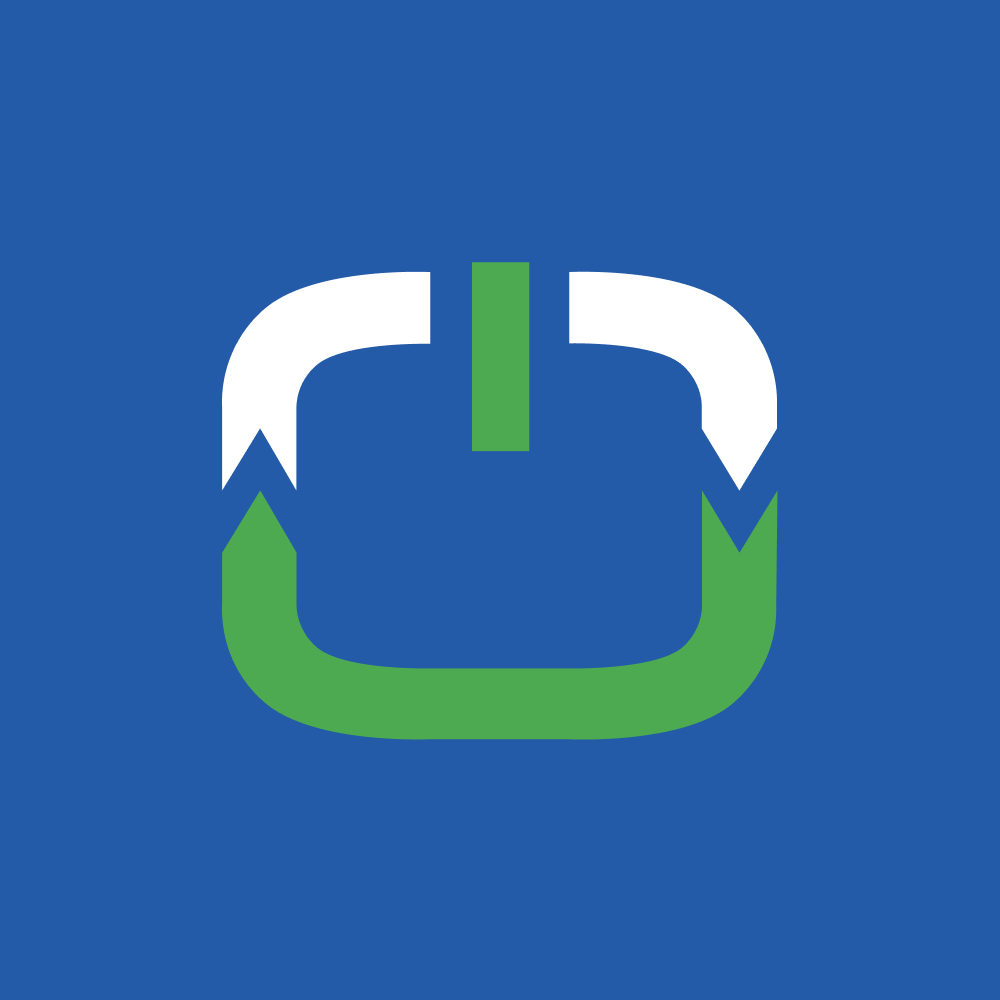Advertisement|Remove ads.
‘Big Short’ Investor Steve Eisman ‘Long’ On Market But Flags Trump Tariffs As His ‘One Concern’

Even as the markets have come to terms with the tariff policy uncertainty, a famed short investor expressed fears concerning the protectionist environment slowly taking hold.
Despite the recent market recovery, “big short” fame Steve Eisman cautioned regarding chasing the upside.
While appearing on CNBC’s “Fast Money,” Eisman voiced his biggest concern. “I have one concern, and that’s tariffs. That’s it,” he said.
He viewed that the market has become complacent about the tariff risks.
After bottoming at 4,835.04 on April 7 following Trump’s April 2 tariff announcement, the S&P 500 has recovered, advancing about 23% from the lows.
The upside has been due to strong corporate earnings and the preliminary trade deals struck with China, the U.K., and the European Union.
However, Eisman believed that Wall Street underestimated the complexity of the ongoing trade negotiations with China and Europe.
He also opined that a “full-blown” trade wasn’t yet off the table.
Delving into his investment stance right now, Eisman said, “I am long only. I’ve taken some risk down, and I’m just sitting pat.”
The famed investor, who is credited with predicting the housing market collapse, said he wasn’t too worried about the fiscal situation in the U.S. He seemed to think there aren’t alternatives to U.S. Treasuries.
“If there was an alternative to Treasuries, I might be worried more about the deficit because I’d say if we don’t balance our budget, then people will sell our Treasuries and buy something else,” he said.
Eisman also shrugged off the rising Treasury yields. Despite its recent surge, the 10-year Treasury note yield is still at 4.5%, and “It’s not like there’s some crazy sell-off,” he said.
“Relative to where it’s been because rates were zero, it’s high,” Eisman said, adding, "But relative to history, it’s not that high.”
Not all are worried about the market trajectory, as Eisman is. In a recent note, LPL Financial Chief Market Strategist Adam Turnquist sounded sanguine. He said technical evidence suggests the recovery is real, not a “bull trap” or a “bear market” rally.
The strategists recommended buying the dips above the market support.
The Invesco QQQ Trust (QQQ) ETF and the SPDR S&P 500 ETF (SPY) are up 2.5% and 1.4% this year, respectively.
For updates and corrections, email newsroom[at]stocktwits[dot]com.
Read Next: Trump Effect: Global Economy Faces Weakest Growth Since COVID On Tariff Chaos













/filters:format(webp)https://news.stocktwits-cdn.com/large_Getty_Images_2236688965_jpg_b00d009983.webp)
/filters:format(webp)https://news.stocktwits-cdn.com/IMG_8805_JPG_6768aaedc3.webp)
/filters:format(webp)https://news.stocktwits-cdn.com/Getty_Images_2231423801_jpg_f64bcdbb33.webp)
/filters:format(webp)https://st-everywhere-cms-prod.s3.us-east-1.amazonaws.com/unnamed_jpg_9dff551b50.webp)
/filters:format(webp)https://news.stocktwits-cdn.com/large_Getty_Images_2242062032_jpg_b5e44cfa75.webp)
/filters:format(webp)https://st-everywhere-cms-prod.s3.us-east-1.amazonaws.com/large_Trade_desk_logo_resized_c0229eb2ab.jpg)
/filters:format(webp)https://news.stocktwits-cdn.com/jaiveer_jpg_280ad67f36.webp)
/filters:format(webp)https://news.stocktwits-cdn.com/large_Getty_Images_2230137825_jpg_d14459f501.webp)
/filters:format(webp)https://news.stocktwits-cdn.com/large_Getty_Images_2217651250_jpg_908ef236f4.webp)